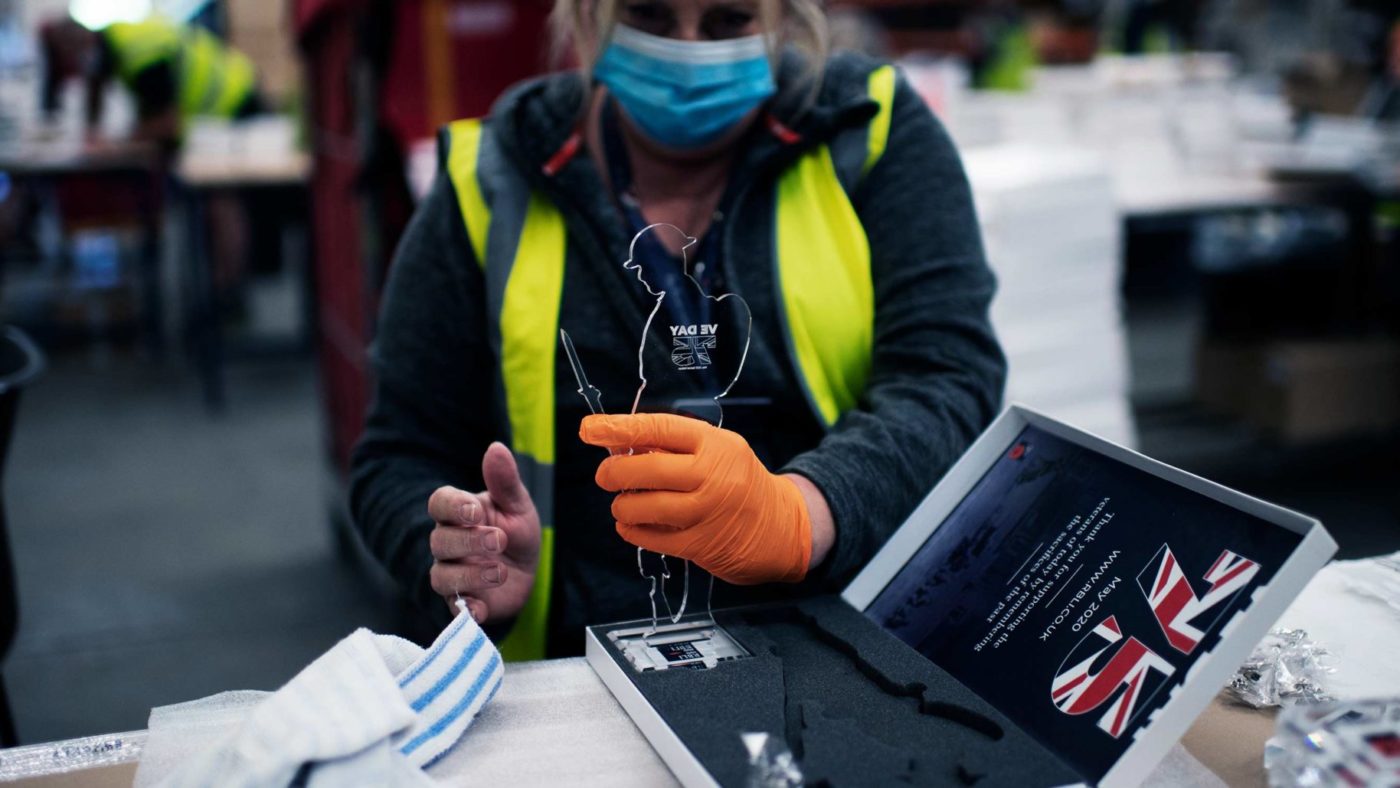Chancellor Rishi Sunak provided a stark warning earlier this week when he said there may not be an immediate “bounceback”. He is right. That’s why it’s now more important than ever to unleash British enterprise and secure our prosperity.
The economic scarring from coronavirus is already well underway. Thousands of businesses have closed their doors, never to reopen. Millions have lost their jobs and young people just now trying to enter the workforce could experience long-run lost opportunity and earnings.
Even with the Government’s extraordinary (and extraordinarily expensive) Jobs Retention Scheme, it is expected unemployment will rise to around 10%, a figure not seen since the early 90s and real GDP is forecast to fall around 14% this year. In staving off total economic collapse the Government is racking up an almost incomprehensible increase in debt, with public sector net borrowing for this year approaching £300bn, or around 15% of national income.
We are thus faced with a double whammy of surging government debt and, as Sunak has also said, a recession “the likes of which we have never seen before”. In the uncertainty of what we return to, the Government has three roads it can take to address the deficit and return the nation to prosperity.
The first would be another form of austerity. This would not only be divisive and unpopular, but also against this Government’s agenda. There is an argument to be made for paring off expenditure in the form of HS2 and quangos evidently not fit for purpose (Public Health England springs to mind), and abolishing the pension triple-lock. But levying taxes against businesses and individuals as they try to recover from freezing the economy is a sure-fire way to increase unemployment and discourage investment.
The second option is printing (or digitally creating) money to pay for state expenditure. The Government’s overdraft has been extended by the Bank of England. Thankfully, Sunak has the good sense to understand this can only be a temporary measure, to be “paid as soon as possible, before the end of the year”. If not paid back it could lead to inflation, devaluing assets and causing a decline in the pound that would reduce the spending power of British citizens. Another surefire way to hinder economic recovery.
There is only one strategy available to pay off the new debt and prevent the inevitable recession from turning into a decade-long depression: going for growth. This would increase tax revenue and protect lives and livelihoods.
Unfortunately, it’s a lot easier said than done. For one thing, while the UK went into lockdown from a position of relative economic strength with record high employment, growth had already flatlined towards the end of 2019. As such, going for growth cannot really be described a ‘return to normal’. Instead we need a bold new approach with a laser-sharp focus on investment, employment and access to goods and services.
It will take creative thinking, big and small.
The Government could start by making by opening up our public parks and spaces to the hospitality sector. By allowing nearby licensed venues to set up stalls in parks and removing bans on eating and drinking in parks, Britain could become home to the world’s largest cafe spaces and beer gardens. Not just a huge morale boost, this would provide an invaluable revenue source to a sector severely affected by lockdown measures and lost consumer confidence.
Whilst perhaps a little less exciting, the Government must set out an effective approach for ending the Job Retention Scheme. By rolling it into a system more akin to Australia’s ‘JobKeeper’ allowance, which pays a set amount for all employees who work for businesses that have had a substantial reduction in revenue, it can effectively encourage furloughed employees back to work. Alternatively, it could be phased out as people start working part time. By fast-tracking a rise in the National Insurance threshold from £9,500 to £12,500, the Government could also encourage staff retention and new hires.
Far from a distraction from their pre-pandemic priorities, growth must be at the heart of Conservatives’ promise to redress regional imbalances. As industrial heartlands, the Midlands and North will be disproportionately affected by social distancing and working from home. By allowing for the immediate, full write-off of capital investments, the Government could boost investment by up to 8.1% and get rid of a ‘Factory Tax’ that has long held back investment in British industry.
These are just a few of the recommendations found in the Adam Smith Institute’s new report Winning the Peace, which sets out a plan to unfreeze the economy and boost growth. If the Government is to succeed, it will have to bold in resisting calls from the left for a doubling down on spending and fro the right for more austerit. Once the virus is under control, private sector growth and innovation must become its top priority.
Click here to subscribe to our daily briefing – the best pieces from CapX and across the web.
CapX depends on the generosity of its readers. If you value what we do, please consider making a donation.


